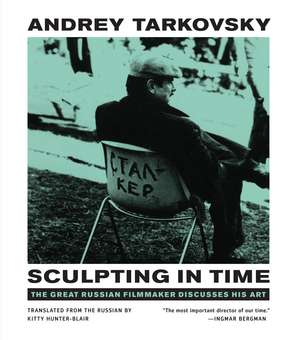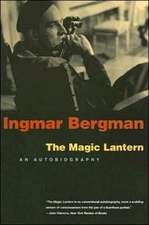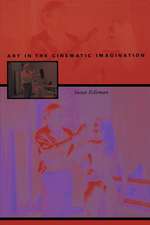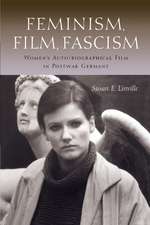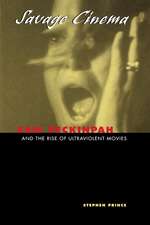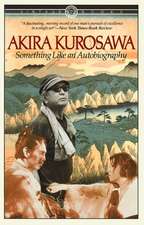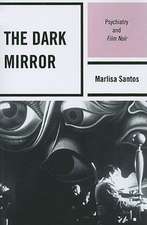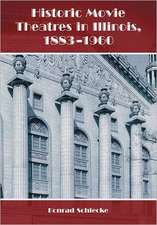Sculpting in Time: Reflections on the Cinema
Autor Andrey Tarkovsky Traducere de Kitty Hunter-Blairen Limba Engleză Paperback – apr 1989
Preț: 264.64 lei
Nou
50.65€ • 52.68$ • 41.81£
Carte disponibilă
Livrare economică 19-25 martie
Livrare express 08-14 martie pentru 31.63 lei
Specificații
ISBN-10: 0292776241
Pagini: 256
Ilustrații: 84 b&w photographs
Dimensiuni: 191 x 216 x 16 mm
Greutate: 0.48 kg
Editura: University of Texas Press
Colecția University of Texas Press
Locul publicării:Austin, TX, United States
Cuprins
- Introduction
- Chapter I: The beginning
- Chapter II: Art—a yeaming for the ideal
- Chapter III: Imprinted time
- Chapter IV: Cinema's destined role
- Chapter V: The film image
- Time, rhythm and editing
- Scenario and shooting script
- The film's graphic realisation
- The film actor
- Music and noises
- Chapter VI: The author in search of an audience
- Chapter VII: The artist's responsibility
- Chapter VIII: After Nostalgia
- Chapter IX: The Sacrifice
- Conclusion
- Notes
Recenzii
Descriere
Andrey Tarkovsky, the genius of modern Russian cinema―hailed by Ingmar Bergman as "the most important director of our time"―died an exile in Paris in December 1986. In Sculpting in Time, he has left his artistic testament, a remarkable revelation of both his life and work. Since Ivan's Childhood won the Golden Lion at the Venice Film Festival in 1962, the visionary quality and totally original and haunting imagery of Tarkovsky's films have captivated serious movie audiences all over the world, who see in his work a continuation of the great literary traditions of nineteenth-century Russia. Many critics have tried to interpret his intensely personal vision, but he himself always remained inaccessible.
In Sculpting in Time, Tarkovsky sets down his thoughts and his memories, revealing for the first time the original inspirations for his extraordinary films―Ivan's Childhood, Andrey Rublyov, Solaris, The Mirror, Stalker, Nostalgia, and The Sacrifice. He discusses their history and his methods of work, he explores the many problems of visual creativity, and he sets forth the deeply autobiographical content of part of his oeuvre―most fascinatingly in The Mirror and Nostalgia. The closing chapter on The Sacrifice, dictated in the last weeks of Tarkovsky's life, makes the book essential reading for those who already know or who are just discovering his magnificent work.
